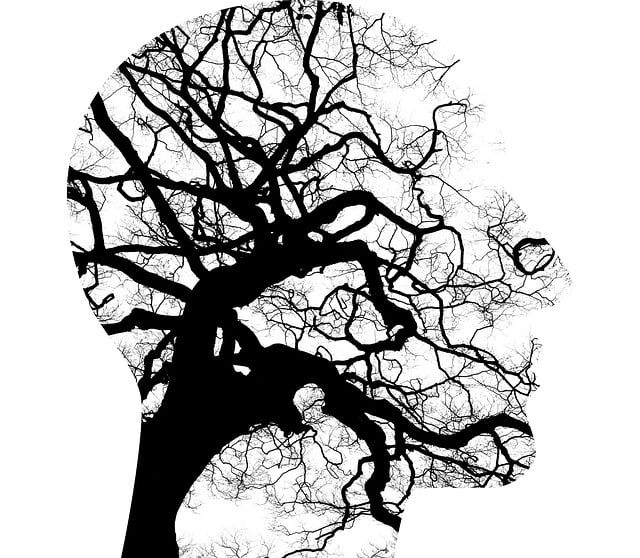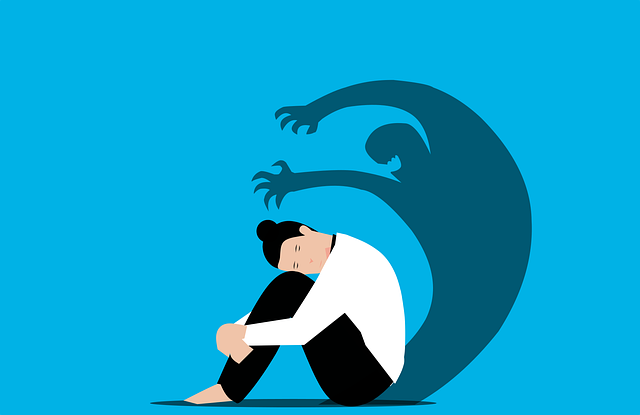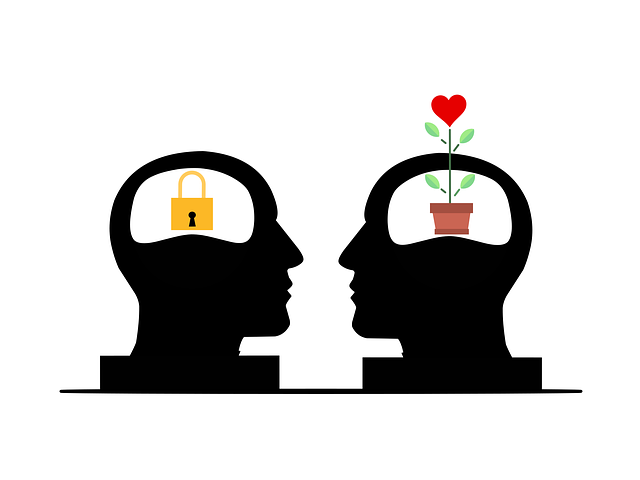The text emphasizes the detrimental impact of stigma on individuals with mental illnesses, hindering their access to crucial services like those offered by Denver Chronic Illness Therapy (DCIT). Stigma arises from misconceptions and fear, leading to discrimination and isolation. DCIT tackles this issue through holistic approaches, combining traditional therapy with innovative coaching methods. They promote mental wellness by addressing the mind-body connection in managing chronic illnesses. By facilitating open conversations, support groups, and workshops, communities can reduce stigma, encourage self-care, and empower individuals to take charge of their mental health, ultimately creating a more supportive environment for those seeking help.
Mental illness stigma remains a significant barrier to recovery, but efforts to reduce it are gaining momentum. This article explores various facets of this complex issue, from understanding the causes and impact of mental health stigma to effective strategies for reducing it in community settings. We highlight the role of holistic approaches like Denver Chronic Illness Therapy, emphasizing self-care and support networks as empowering tools for individuals navigating mental health challenges.
- Understanding Mental Illness Stigma: Causes and Impact
- Denver Chronic Illness Therapy: A Holistic Approach to Care
- Strategies for Reducing Stigma in Community Settings
- Empowering Individuals: Self-Care and Support Networks
Understanding Mental Illness Stigma: Causes and Impact

Stigma surrounding mental illness is a pervasive issue that has far-reaching consequences for individuals and communities alike. It often arises from misconceptions, fear, or lack of understanding about various psychological conditions. In many cases, this stigma leads to discrimination, isolation, and even barriers to accessing essential services like Denver Chronic Illness Therapy. The impact can be severe, affecting an individual’s self-esteem, social relationships, and overall well-being. It may discourage people from seeking help, leading to prolonged suffering and potential exacerbation of symptoms.
The causes of mental illness stigma are multifaceted. They include societal norms, historical perceptions, media portrayal, and lack of education. Overcoming this stigma requires collective efforts, including promoting self-care practices, fostering inner strength development, and encouraging emotional healing processes. By increasing awareness, engaging in open conversations, and providing support for those facing mental health challenges, we can create an environment where individuals feel understood, valued, and encouraged to seek the help they need without fear of judgment or discrimination.
Denver Chronic Illness Therapy: A Holistic Approach to Care

Denver Chronic Illness Therapy offers a holistic approach to mental wellness, addressing the complex interplay between chronic illness and psychological well-being. This integrated care model recognizes that managing chronic conditions often involves more than just medical treatments; it demands a comprehensive strategy that nurtures both the mind and body. Therefore, their programs are meticulously designed to include Mental Wellness Coaching Programs Development, tailored to help individuals develop coping mechanisms for anxiety relief and stress management.
Through these workshops, participants learn effective Stress Management Workshops Organization techniques, empowering them to navigate life’s challenges with resilience. By combining traditional therapy with innovative coaching methods, Denver Chronic Illness Therapy is revolutionizing mental health support. This multifaceted approach ensures that clients receive the comprehensive care they need, ultimately fostering a healthier and happier lifestyle.
Strategies for Reducing Stigma in Community Settings

Reducing stigma around mental illness requires a collective effort within community settings. One effective strategy is to foster open conversations about mental health, encouraging friends, family, and colleagues to share their experiences. This can be facilitated through support groups, community events, or educational workshops led by professionals like those at Denver Chronic Illness Therapy. By providing platforms for honest dialogue, people can humanize the experience of mental illness, dispelling myths and misconceptions prevalent in society.
Additionally, promoting self-care practices and stress management techniques can significantly contribute to stigma reduction. Encouraging individuals to prioritize their well-being through activities like therapy, meditation, or engaging in hobbies can help normalize the idea that seeking support is a sign of strength rather than weakness. Such efforts, coupled with community initiatives and increased access to resources like Denver Chronic Illness Therapy, have the potential to create a more inclusive and supportive environment for those navigating mental health challenges.
Empowering Individuals: Self-Care and Support Networks

Stigma reduction efforts must also focus on empowering individuals to take control of their mental health journeys. Encouraging self-care practices, such as Mindfulness Meditation and developing a Self-Care Routine for Better Mental Health, can be transformative. These strategies not only promote resilience but also foster a sense of agency and understanding among those facing mental illness. Building strong support networks is equally vital; connecting with like-minded individuals, whether through community groups or professional therapy (like Denver Chronic Illness Therapy), provides a safe space to share experiences, offer empathy, and receive non-judgmental support. By adopting these practices, individuals can challenge negative stereotypes and cultivate a healthier, more compassionate relationship with their mental well-being.
Mental illness stigma is a pervasive issue, but with concerted efforts like those offered by Denver Chronic Illness Therapy, holistic care approaches, community engagement strategies, and individual empowerment through self-care and support networks, we can create a more inclusive society. By understanding the causes and impact of stigma and implementing effective reduction tactics, we can foster an environment where everyone receives the support they need for their mental health journey.














